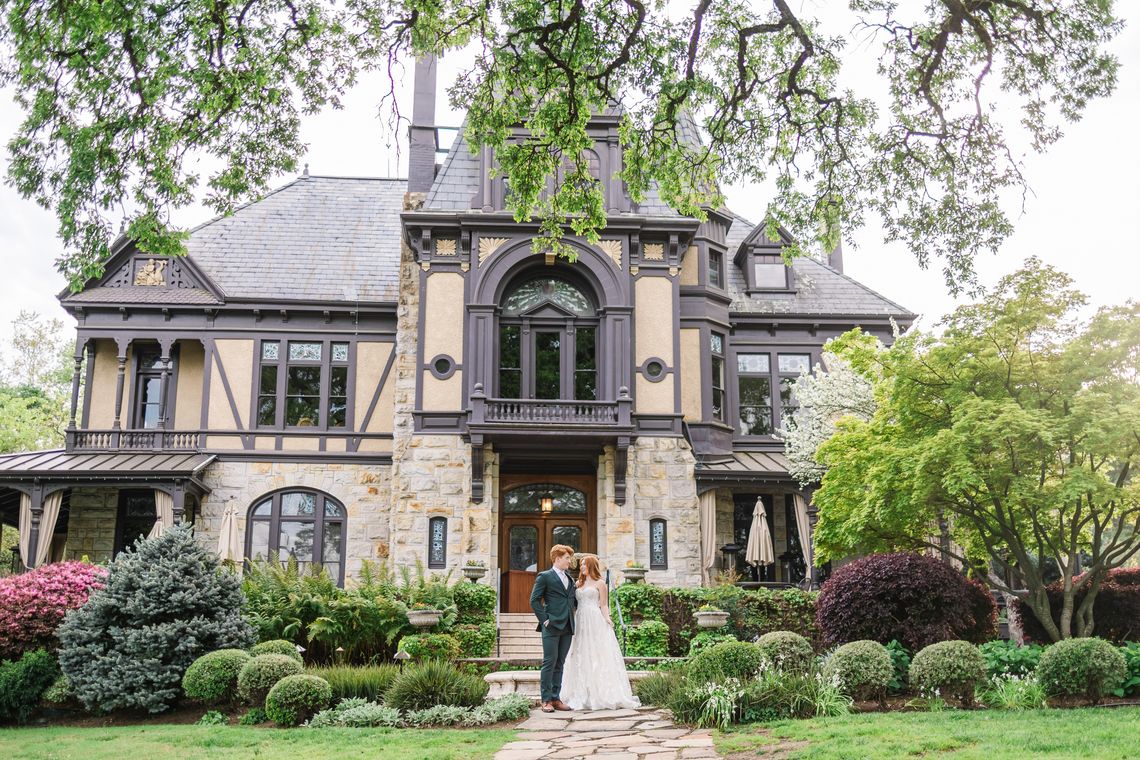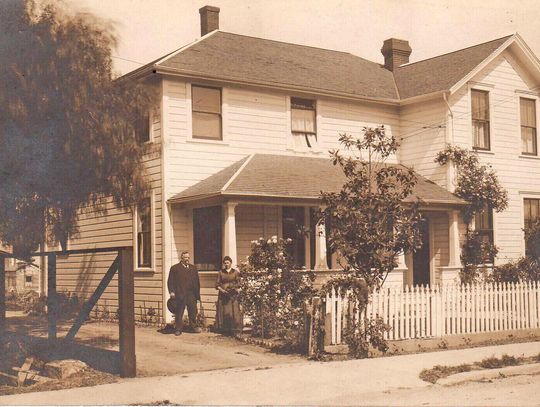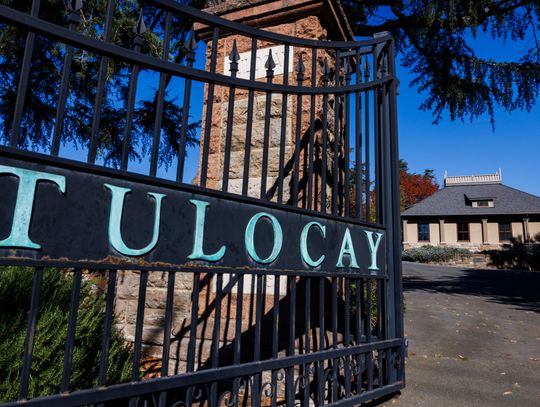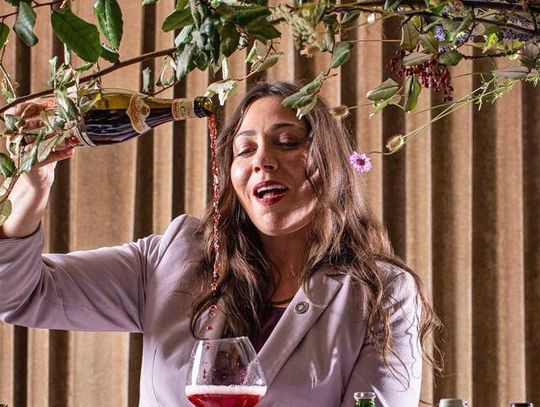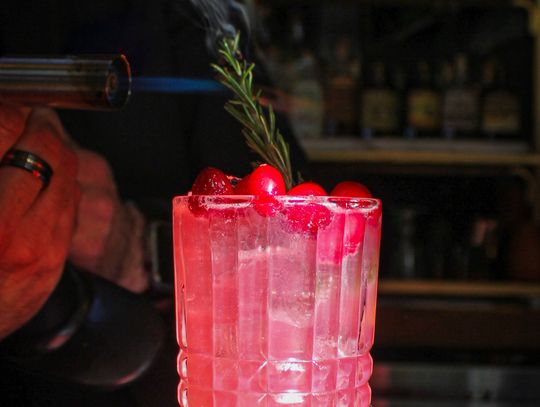Although it’s surprisingly difficult to host a wedding at many wine venues across the Napa Valley, some vendors say they find ways to work with happy couples this season while complying with the county’s complicated rules.
Most Napa Valley wineries cannot host a formal wedding, due to Napa County’s Winery Definition Ordinance. The ordinance was established in 1989 to protect agricultural land by clearly specifying what sorts of activities were allowed and not allowed on property. It says that the county’s vineyards are known for their quality and must be preserved for agricultural use and educating the public about wine, thus necessitating strict control over commercial land uses.
Charlene Gallina, the county’s supervising planner of Planning, Building & Environmental Services, told the Napa Valley Register that the ordinance means wineries would not be able to obtain a use permit for weddings, since weddings are considered commercial uses, not involving education about wine. Wineries approved for business after 1990 may not host cultural and social events because of language included in the county’s definition of “marketing” – unless the event qualifies as a “temporary event” and has the required permits.
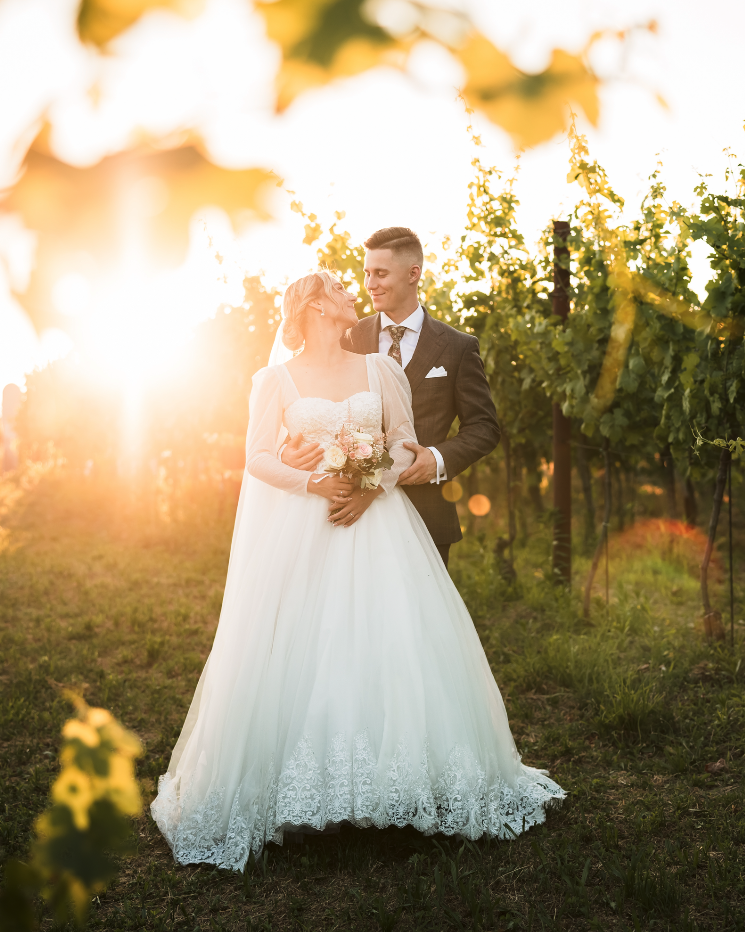
Gallina said that the code has been consistently interpreted to prohibit those wineries from hosting weddings and other social events because they have been deemed “unrelated to education and development” around wine. To intentionally make a change to allow weddings, the county would have to amend its temporary events ordinance, she said.
“People can have a party and bring a cake,” Gallina said.
“But you can’t have a whole wine tasting organized around the party. If they (couples) have their wedding at the church, and they drop by the winery to take a picture, that’s OK. But it’s not OK to have the reception or ceremony there.”
Only a few wineries are permitted to host weddings, as they were grandfathered in due to their pre-regulatory status, Gallina said, referring to the winery ordinance’s exception for wineries established prior to 1974, before use permits were required.
Beaulieu Vineyard, for example, holds a certificate of legal nonconformity from decades ago, allowing it to continue operating a wedding venue.
“These wineries may continue to host cultural and social events if it was part of their operations prior to 1974 (and if they are recognized via a county-approved certificate of conformity),” she said.
The good news, Gallina added, is that a great number of the valley’s wineries are permitted to host unique and intimate wedding-related events, such as rehearsal dinners, bridal showers and family gatherings. Hotels can typically host weddings, as is the case for the new Oak Knoll Resort at 591 Solano Ave. on Napa’s north side that is currently under construction, she said. Once complete, it will be able to host receptions under a specific permit and zoning designation. The county lost Calistoga Ranch in the 2020 Glass Fire, which was able to host weddings as a resort under the local hotel permitting rules.
Gallina admitted that at the county level, “we know they’re doing weddings out there. They just don’t come to us and ask us, because we would say no.” She recounted situations in which weddings were held covertly in the valley, with the county only learning of them after the fact due to noise complaints.
“Unfortunately, any winery that is conducting weddings is doing it illegally,” Gallina said. “So, I am not aware of any that have received authorization of conducting such activities. I don’t believe that any wineries notify the county that they are doing this type of activity.”
Similar rules limit Napa’s wedding season within city limits, as all wineries are subject to the standards of Napa Municipal Code 17.52.540.
Michael Allen, acting planning manager in the city Planning Division, said that the city only has one area that has the capacity for vineyard cultivation: the 708- acre Stanly Ranch resort, located southwest of the intersection of Highways 29, 12 and 121. Like other vineyards, these acres are zoned as an agricultural resource with very few commercial activities, including weddings, allowed. The ranch does contain a resort on 95 acres, which has its own Master Plan district allowing entertainment uses and weddings, Allen said.
“The use permit for migration only allows limited commercial activities and special events that are directly related to wine sales and marketing,” Allen said. “Wine production, not including vineyard cultivation, is considered an industrial use and is also allowed in the light industrial district or tourist commercial district. These districts are industrial in use and only permit wine production, not weddings.”
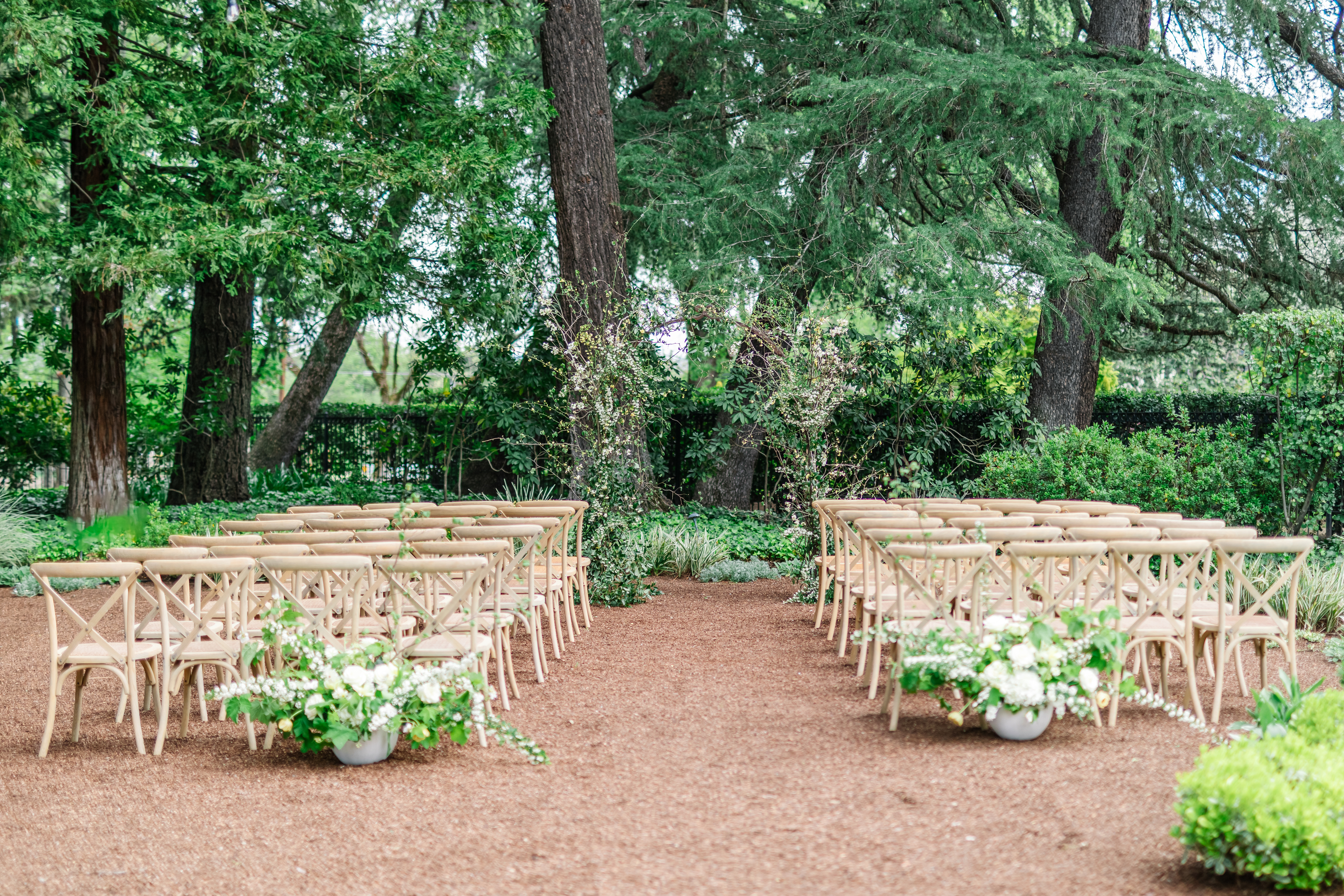
Allen added that really, this means: “There are no wineries within the city limits that are allowed to provide weddings or any other commercial activities that are not directly related to wine production or sales.”
Despite such limitations, some vintners find ways to help happy couples tie the knot legally.
Tia Butts, public relations director for Treasury Wine Estates – managing properties like Stags’ Leap Winery, Etude and Frank Family Vineyards – said that the only property the company owns that can host weddings is Beringer Vineyards, because it is technically located within the city limits of St. Helena.
Butts described the estate as “a romantic escape into a bygone era.”
“Surrounded by stately 19th-century architecture and lush, verdant gardens, it is the longest continuously operating winery in Napa and was honored with a designation as a Historic District on the National Register of Historic Places,” Butts told the Register. “The Hudson House, built in the mid-1800s, can welcome up to 90 guests indoors and up to 200 guests outdoors in a redwood grove. Guests can also explore historic wine caves for a wine reception and tour.”
While Butts said she can’t comment on how the county’s rules complicate doing business during a busy wedding season, she said the company works to always comply with the current ordinances to entertain its guests.

